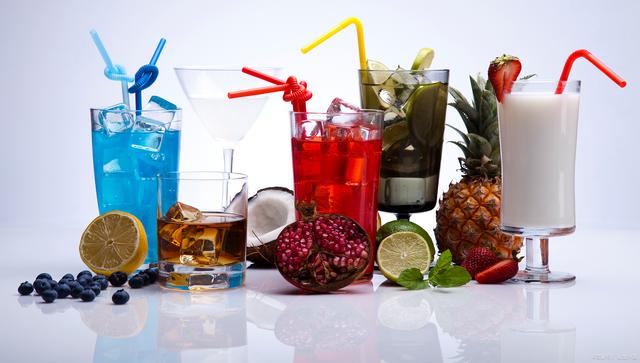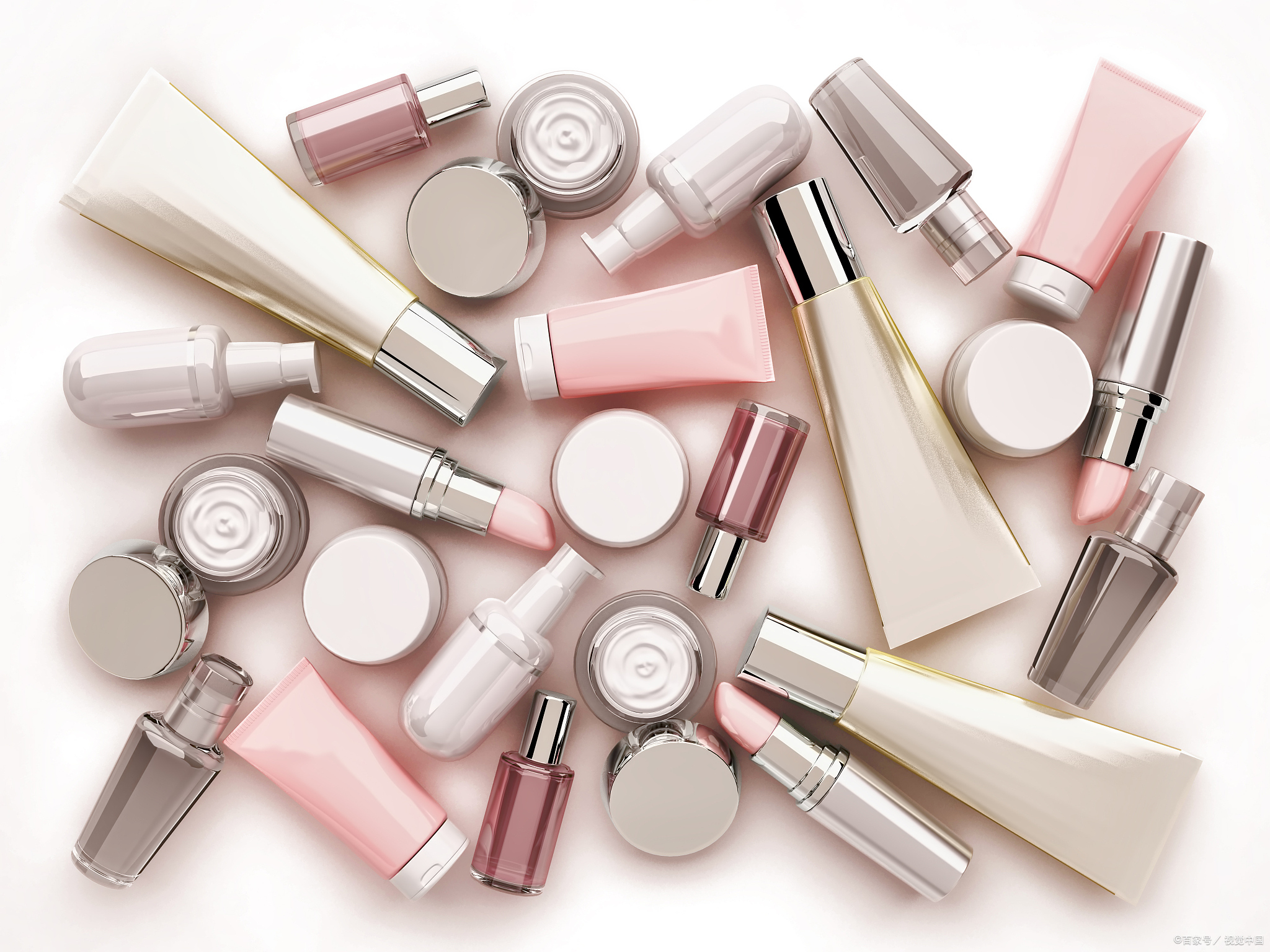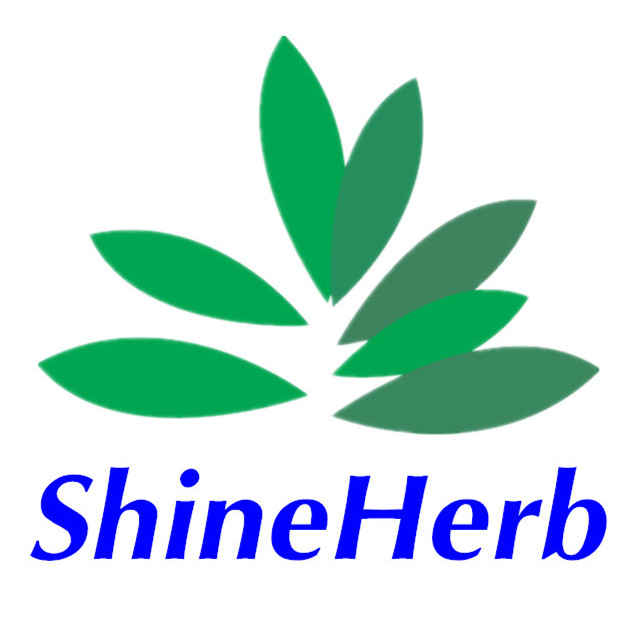L-arginine is classified as a semi-essential amino acid, depending on an individual's developmental stage and health condition. Most healthy individuals do not need to supplement with arginine, as it is a component of all protein-containing foods and can be obtained from the diet, particularly from animal-based protein sources, including beef and other types of red meat, poultry, fish, eggs, and dairy products. For those under stress or with health conditions, additional arginine may be necessary.

As of 2022, the global annual consumption of L-arginine is approximately 20,000 tons, with 60%-70% being used by the pharmaceutical and health supplement industry.
L-arginine plays an important role in infant and toddler nutrition, as it is an essential component in the growth and development process of infants. Supplementing with L-arginine helps support protein synthesis in infants, promoting the normal development of cells and tissues. This is crucial for the overall growth and formation of organ functions in infants and young children.

L-arginine plays an important role in infant and toddler nutrition, as it is an essential component in the growth and development process of infants. Supplementing with L-arginine helps support protein synthesis in infants, promoting the normal development of cells and tissues. This is crucial for the overall growth and formation of organ functions in infants and young children.

In the food and beverage industry, arginine serves a key role, with its primary functions including promoting protein synthesis, supporting muscle growth and repair, improving athletic performance, maintaining cardiovascular health, boosting immune system function, eliminating excess ammonia from the body, and supporting liver function. This makes L-arginine a popular ingredient among athletes and individuals pursuing a healthy lifestyle, providing comprehensive nutritional support. Additionally, L-arginine is widely used in men's health supplements.

In addition, L-arginine has widespread applications in the pharmaceutical and cosmetics industries. In the pharmaceutical field, L-arginine helps alleviate symptoms caused by liver failure and liver damage, offering liver protection. It can also improve insulin sensitivity, aiding in the control of blood sugar levels. In the cosmetics industry, L-arginine provides moisturizing, soothing, and repairing effects, inhibits melanin production, and has antioxidant properties. It is widely used in products such as face masks, eye creams, sunscreens, and whitening creams.

As people’s demand for a healthy lifestyle continues to grow, and with ongoing research and discoveries of L-arginine’s various physiological functions, the global L-arginine market is expected to maintain rapid growth in the future.






 售前客服
售前客服